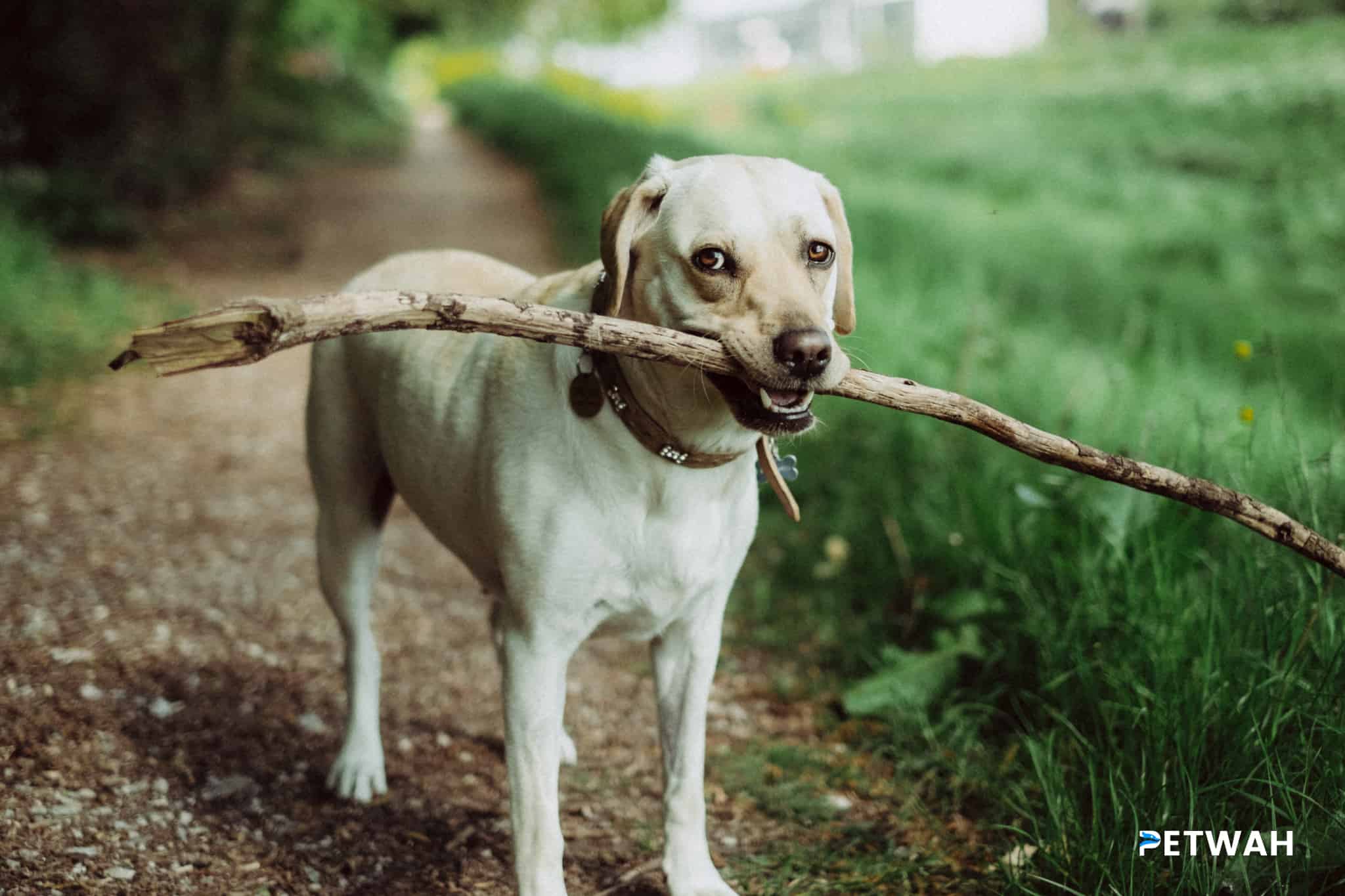As a pet owner, you want to ensure that your Bernese Mountain Dog is happy and healthy. One of the most important ways to maintain your furry friend’s well-being is through regular check-ups with a veterinarian. But how often should you be taking your Bernese Mountain Dog to the vet? The answer isn’t as straightforward as you might think. Factors such as age, health status, and lifestyle all play a role in determining how often your pup should see the vet. In this blog post, we’ll explore the ins and outs of scheduling vet check-ups for your Bernese Mountain Dog, so you can keep your furry friend in top shape.
Your Bernese Mountain Dog is a loyal, loving, and energetic companion. But like any other pet, it is prone to health problems that can affect its quality of life. Regular veterinary check-ups can help prevent and detect health issues early on, before they become serious and costly to treat.
So, how often should you take your Bernese Mountain Dog to the vet for check-ups? The answer depends on several factors, including the age of your dog, its overall health status, and any underlying medical conditions it may have.
Puppy Stage
If you have a Bernese Mountain Dog puppy, it is essential to take it to the vet for check-ups every few weeks until it is about four months old. During these visits, the vet will perform a physical exam, check for any signs of congenital health problems, and administer vaccinations.
Adolescent Stage
Once your Bernese Mountain Dog reaches adolescence, which is around six months of age, it is time to schedule regular check-ups every six to twelve months. During these visits, the vet will examine your dog’s eyes, ears, mouth, and teeth, check its heart and lungs, and perform blood and urine tests to detect any underlying health problems.
 - Copy - Copy.png)
Adult Stage
As your Bernese Mountain Dog enters adulthood, which is around two years of age, it is important to continue scheduling regular check-ups every six to twelve months. During these visits, the vet will perform a physical exam, check for signs of aging, such as arthritis or vision problems, and perform blood and urine tests to detect any underlying health problems.
Senior Stage
Once your Bernese Mountain Dog reaches its senior years, which is around seven years of age, it is important to schedule check-ups every six months. During these visits, the vet will perform a physical exam, check for signs of age-related health problems, such as kidney disease or cancer, and perform blood and urine tests to detect any underlying health problems.
In addition to regular check-ups, it is important to take your Bernese Mountain Dog to the vet if you notice any signs of illness or injury. Some common signs of illness in dogs include lethargy, loss of appetite, vomiting, diarrhea, coughing, and sneezing.
Overall, regular vet check-ups are essential for maintaining your Bernese Mountain Dog’s health and well-being. The frequency of these visits depends on your dog’s age and health status, but as a general rule, it is recommended to schedule check-ups every six to twelve months. By staying on top of your dog’s health, you can help prevent and detect health problems early on, ensuring that your beloved pet enjoys a long and happy life.
As a responsible Bernese Mountain Dog owner, it’s important to prioritize your furry companion’s health and well-being. Regular check-ups with a trusted veterinarian can help detect any health issues early on and ensure your Berner lives a long and happy life. By following the guidelines outlined in this article, you can stay on top of your dog’s health and make sure they are receiving the best care possible. Remember, a little preventative care can go a long way in ensuring your furry friend has a healthy and happy life by your side.


%20-%20Copy%20-%20Copy.png)
%20-%20Copy%20-%20Copy.png)
%20-%20Copy.png)



